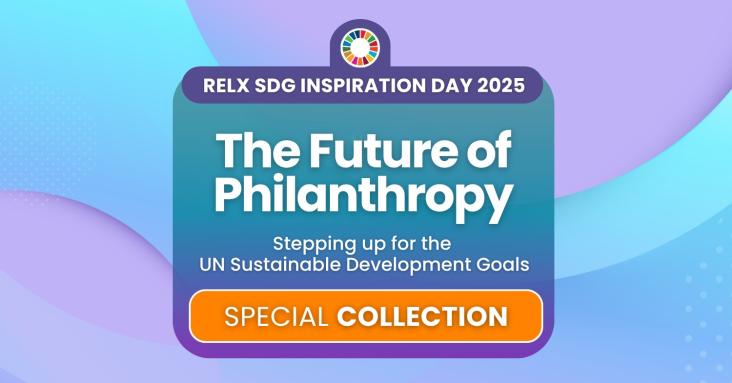This content aligns with Goal 12: Responsible Consumption and Goal 13: Climate action by outlining strategies for a negative carbon footprint in raising small ruminants for meat and dairy, producing protein-rich food without harm to the environment.
This content aligns with SDG 2 and 3 by discussing the availability and nutritional qualities of pomegranate.

The RELX SDG Inspiration Day 2025 focuses on the role of philanthropy in bridging the funding gap to achieve the UN Sustainable Development Goals, featuring insights from prominent thought leaders. To commemorate this event, Elsevier has curated a free Special Collection with the latest research on philanthropy and the SDGs.
This paper reviews and compares four leading healthy diet metrics: GDQS, GDR score, MDD-W, and Nova UPF score, for their accuracy, ease of use, and global applicability in monitoring dietary quality. The findings highlight that the Minimum Dietary Diversity for Women (MDD-W) offers the strongest predictive accuracy for nutrient adequacy using a simple, scalable method, while also emphasizing the need for further research on metrics assessing moderation and cross-country comparability.
